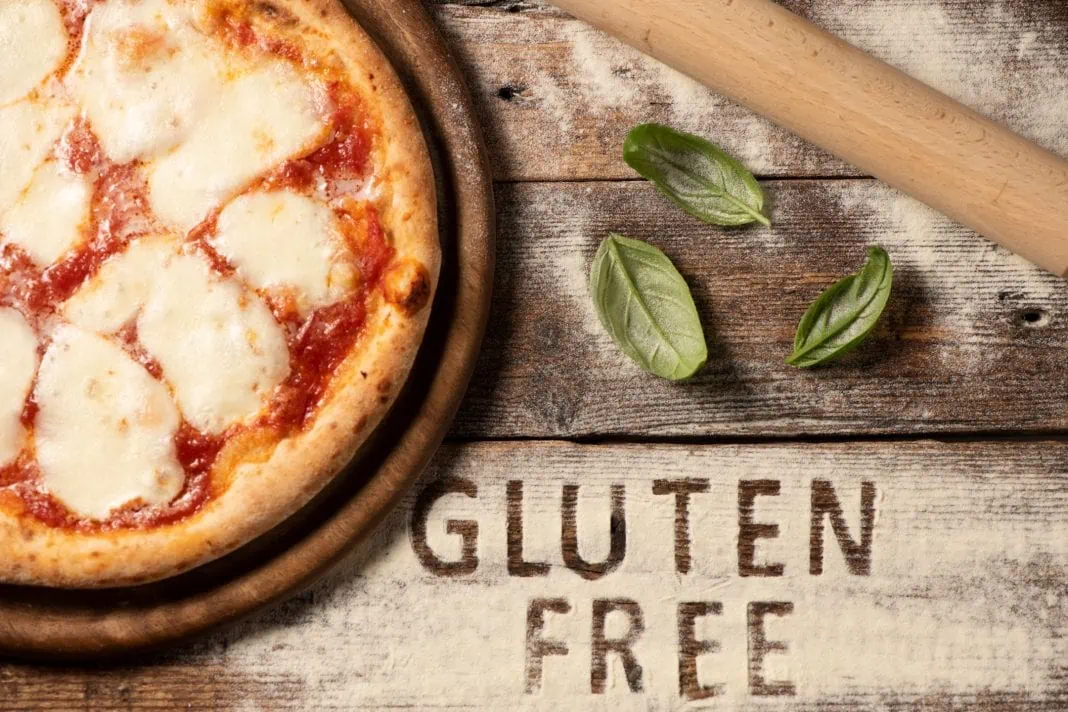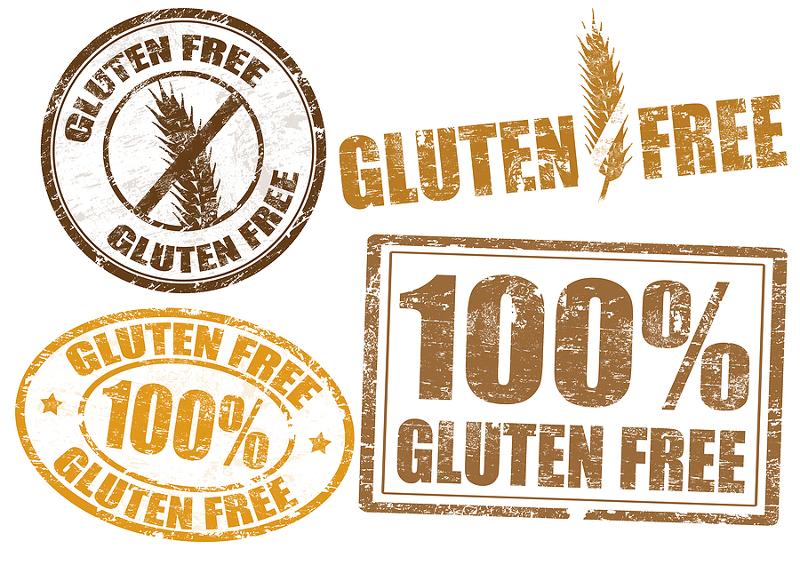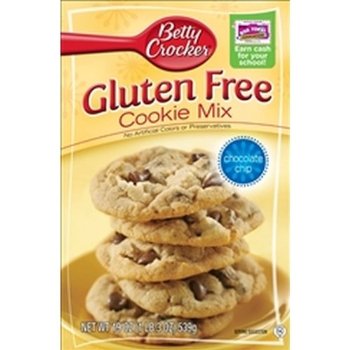Seeing so many food labels marked with “gluten-free” can make pretty much anyone suspect that gluten, a harmless protein composite found in wheat, barley, and rye, is hiding some dark secrets that negatively affect our health.
Sadly, these products were created for the not-so-fortunate people with celiac disease or gluten sensitivity. Celiac disease triggers an immune response when the affected person ingests a gluten-containing food. Non-celiac gluten sensitivity can have similar symptoms with celiac disease, although less severe. These include bloating, constipation and diarrhea, abdominal discomfort or pain, and even bone and joint pains. As a result, people who suffer from gluten sensitivity, including celiac, are forced to remove gluten from their diet. But is a gluten-free diet beneficial for healthy individuals?
Is Gluten Really the Enemy? What You Need to Know
For someone with no gluten-related disease, this protein composite, present in grains such as wheat, barley, and rice, may be completely unknown. For a healthy individual, gluten is the substance that makes bread and other foods chewy. Under normal circumstances, gluten is not harmful in any way.
While gluten is naturally present in many grain-based products, such as bread, pasta, and pastry, it’s added in others, like imitation meats, beer, and soy sauce. Gluten is also a stabilizing agent and can be included in processed foods such as ice cream, ketchup, and even some pet foods.
Celiac disease and gluten sensitivity
Celiac disease is an autoimmune disorder of the small intestine. When ingested gluten triggers an immune reaction in the small intestine, interfering with nutrient absorption, and can cause other symptoms besides the ones mentioned above, such as weight loss, anemia, and infertility.
Non-celiac gluten sensitivity has less severe symptoms and does not damage the intestines. Nevertheless, going on a gluten-free diet can help gluten-sensitive individuals eliminate the related symptoms, which can cause a lot of discomfort.
The truth about gluten-free diets
People with celiac disease, other forms of gluten sensitivity or wheat allergy have no choice but to completely remove gluten from their meals. Since usually it’s something positive when food is free of a substance, some may consider the gluten-free counterparts of regular foods to be healthier choices. Removing gluten (or any other substance) from your diet doesn’t necessarily lead to a healthier lifestyle or weight loss.
A gluten-free diet can have some benefits, mainly the tendency to avoid processed foods, but there are also risks. Gluten-free products are harder to find and usually more expensive. Adopting such a diet must carefully read product labels and eat nutritious meals. So unless you have a gluten-related condition, eating healthy is much easier and cheaper without avoiding it.
Do not avoid gluten because the media tells you to, or you see a lot of ads promoting gluten-free products. If it’s not harmful to your health, don’t stress about gluten; you don’t really have to.


